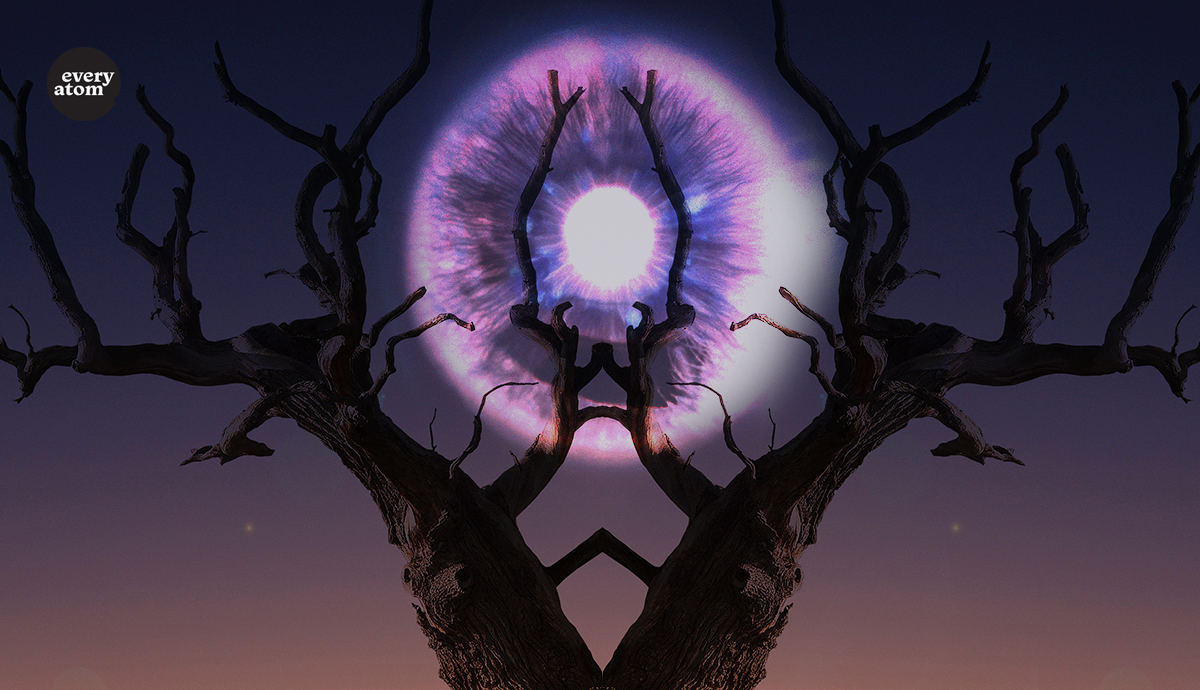Every Atom | No. 19
Introduction to Every Atom by project curator Brian Clements
I don’t want to describe Nature. I don’t want to own it. I don’t want to defamiliarize it, make it new, possess any power over it. I do want, though, to see it, to feel it beneath my feet, with my hands, sift it through my fingers. Whitman felt similarly. His charge wasn’t to give us his impression of Nature, perform its beauty or function, but rather to extract its virtue: It’s beautiful, sure, but it’s also cruel and unpredictable.
Living and writing in Whitman’s shadow makes me aware of the responsibility of paying attention. It’s easy to see what’s immediately in front of us, even tucked just out of direct view, but what’s difficult to see--and therefore to write--are the moments, the landscapes, the realities tangent of our given positions. Privilege doesn’t exist in a vacuum; it has consequences, and therefore obligations, burdens, duties. The way we see the world is, of course, a direct representation of the position we hold in it, but Whitman’s work, for me, has stood paramount as an exercise in viewing the world both fairly and democratically. No one is larger than the whole--not man, woman, moose, or chickadee.
Perhaps this is naive, too simple. I admit this freely and am keen to continue personal and societal investigations into my own limits of perception.
As both an aside and as an illustration of what I mean to say here, I’ll tell a brief story. On my drive home from the gym one morning this past winter, a car coming toward me ran over a squirrel. The impact only severely injured the animal--perhaps, though it was hard to tell, it broke its back, its neck--and the squirrel flopped and spasmed in the middle of the street. A nightmare come to life. I didn’t mean to cry, but I did, the tears hot on my cheeks. My first instinct, since the squirrel was still 50-100 yards away from me, was to somehow save it, scoop it up in my arms, carry it to someone who could mend its broken body. But I knew that was impossible. Time was not on its side. My second instinct was to end the squirrel’s life and to do so as humanely as possible. And so, despite how I knew it'd make me feel--empty, a cog in a wheel so large I couldn’t see its rim--I did what Nature deemed necessary: I steered into the middle of the road, lined up my aim, and made sure the squirrel suffered no longer. It was a momentary decision, one I struggle with every time I think of it. But here's the rub: There was joy in that decision, that horrible decision. I exercised something in me I didn’t know I had. And that's what I'll hang on to. Nature is full of these moments if we only take our time to see them.
Recommended
Nor’easter
Post-Op Appointment With My Father
Cedar Valley Youth Poet Laureate | Fall 2024 Workshop







